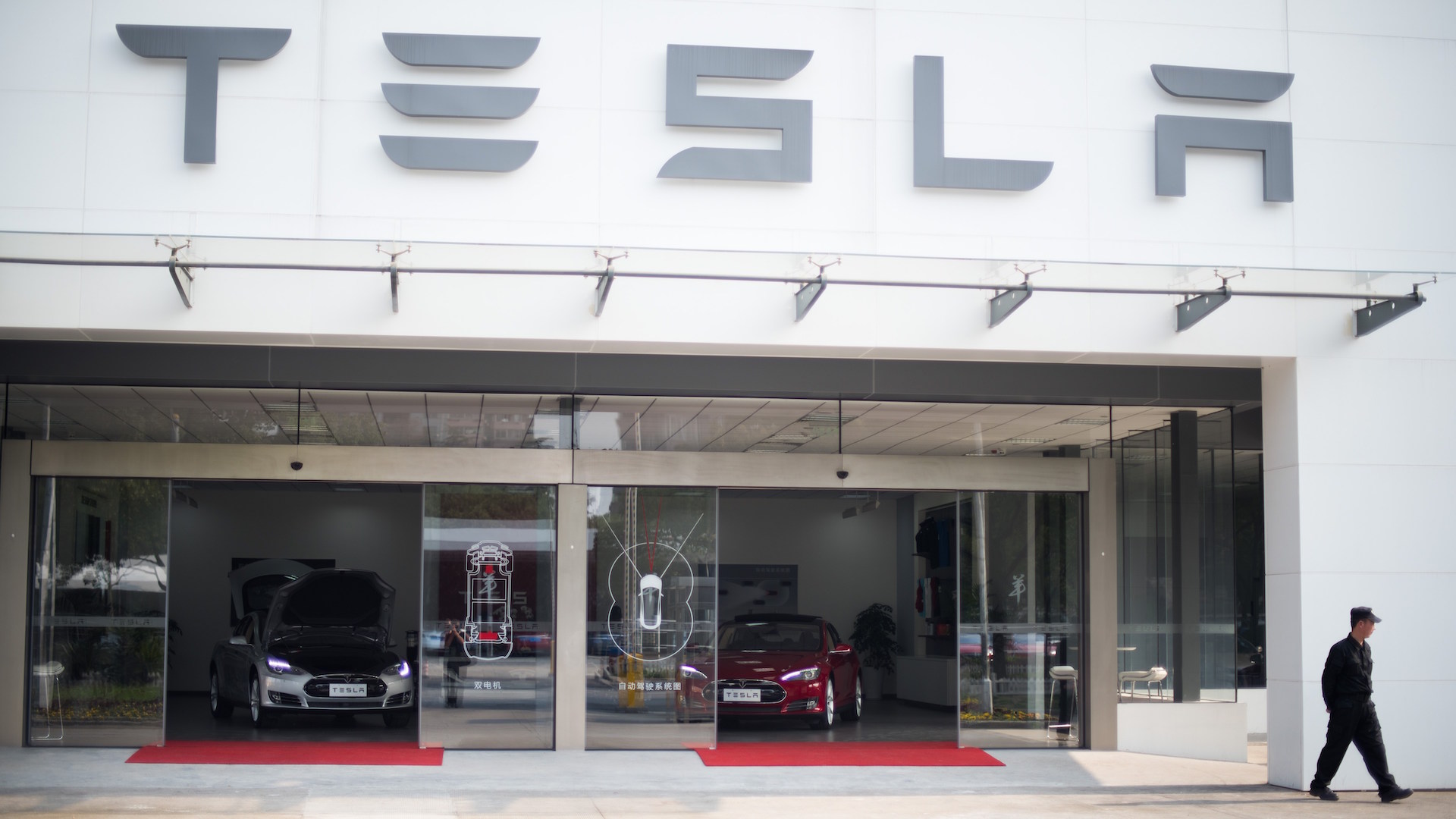

Tesla’s massive “Gigafactory” in Nevada has been grabbing headlines since it was announced. Billed as the largest lithium-ion battery-cell factory in the world, it’s supposed to churn out batteries at an enormous rate to provide economies of scale for Tesla’s $35,000 Model 3 electric car. But Chinese companies could soon leave Tesla in the dust, according to Bloomberg. The news service claims Chinese factories are adding enough capacity to produce 120 gigawatt-hours of batteries a year by 2021.
Analysts say that’s enough to power the equivalent of 1.5 million Tesla Model S electric cars, or 13.7 million Toyota Prius Prime plug-in hybrids. In comparison, Tesla’s Gigafactory is expected to produce 35 gWh when it ramps up to full capacity in 2018, according to Bloomberg.
Tesla CEO Elon Musk has said Tesla will build multiple Gigafactories as it grows production of both cars and stationary energy-storage battery packs. Reports indicate Tesla could announce locations for up to four battery factories by the end of this year, and may build an assembly plant in China.
Roughly 55 percent of global lithium-ion battery-cell production is already based in China, compared to about 10 percent in the U.S., according to Bloomberg. The publication predicts China’s share of that market will grow to 65 percent by 2021. Demand for batteries is being stoked by the Chinese government’s aggressive promotion of electric cars to fight pollution. China also views both electric cars and batteries as key future technologies, and wants to dominate both fields.
Bloomberg expects global battery-production capacity to more than double by 2021. Lithium-ion batteries are already in high demand for consumer electronics, but demand is expected to increase thanks to both electric cars and energy storage—the latter of which uses stationary battery packs to store energy generated by renewable sources like solar.
Much of that demand could come from China itself, where companies looking to build electric cars seem to be coming out of the woodwork and government policy has pushed down the price of solar cells. Despite the demand for electric cars, Tesla has had trouble cracking the Chinese markets, owing to stiff import duties and restrictions on foreign automakers setting up factories in the country.